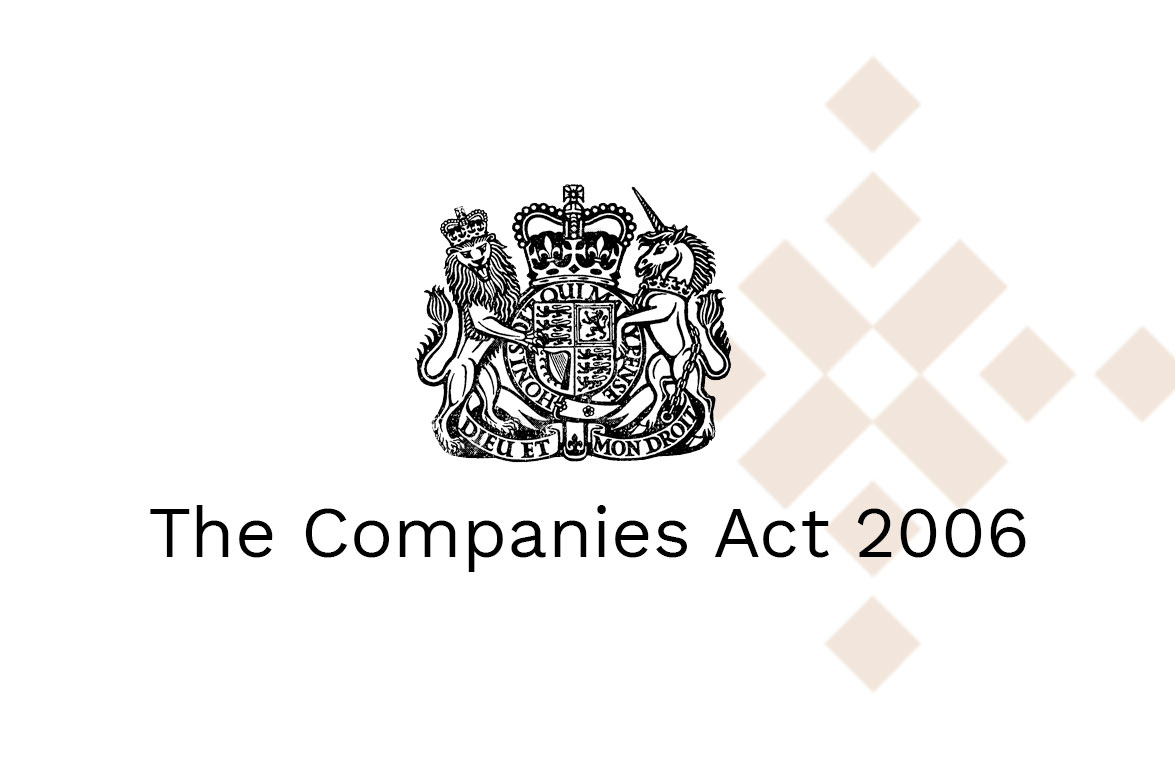
A director of a private limited company in England and Wales holds a position of responsibility and is subject to many different obligations and duties.
In particular, the Companies Act 2006 (Act) sets out seven general duties on directors, which should be under consideration at all times when acting in their capacity as a director. These duties are owed to the company, rather than to shareholders, creditors, or other directors of the company.
| Duty |
What does this involve? |
| To act within the company’s powers (s.171 of the Act) |
- Acting in accordance with the company’s constitution and only exercising powers for their given purposes.
- The constitution includes the company’s articles of association and any resolutions/agreements affecting the constitution like shareholders agreements.
- Powers can refer to the company’s objects but a company is no longer required by law to set an objects clause. However, it is common for directors to be otherwise restricted by the company in what they can do.
|
| To promote the success of the company (s.172 of the Act) |
- Acting in the way they consider, in good faith, would be most likely to promote the success of the company for the benefit of the members as a whole.
- Success is understood usually to mean a long-term increase in value (although a director will ultimately need to decide, in good faith, whether a particular action is appropriate for the company).
- A director must have regard to a non-exhaustive list of matters at s.172 of the Act.
|
| To exercise independent judgment (s.173 of the Act) |
- Directors are to make their own decisions.
- However, this doesn’t mean that the director can ignore the company’s constitution.
- It also doesn’t prevent the director from taking advice.
|
| To exercise reasonable care, skill & diligence (s.174 of the Act) |
That would be exercised by a reasonably diligent person with both:
- the general knowledge, skill, and experience that may reasonably be expected of a person carrying out the functions carried out by the director in relation to the company; and
- the general knowledge, skill, and experience that the director actually has.
A director should therefore be sufficiently qualified/experienced to carry out functions that might reasonably be expected of them. Directors must also exercise their duties diligently and cannot escape liability by inactivity/avoiding responsibility. |
| To avoid conflicts of interest (s.175 of the Act) |
- Avoiding situations in which they have or can have a direct/indirect interest that conflicts, or could conflict, with the company’s interests.
- This applies in particular to the taking advantage of the property, information, or opportunity; regardless of whether the company could exploit it.
- Conflicts could include personal interests, other business interests, or the interests of family members.
- Conflicts can be authorised but care should be taken as this is a strict duty.
|
| Not to accept benefits from third parties (s.176 of the Act) |
- This refers to benefits being given because you are a director, or in return for the director doing/not doing something. This applies regardless of motive.
- However, it isn’t infringed if the acceptance cannot reasonably be regarded as likely to give rise to a conflict of interest.
|
| To declare interest in proposed transaction/ arrangement with the company (s.177 of the Act) |
- This declaration must be made before the company enters into the proposed transaction/arrangement.
- In certain permitted circumstances a declaration is not needed.
- There is a separate duty under s.182 of the Act to disclose previously undeclared interests as soon as reasonably possible in relation to arrangements already entered into by the company.
|
There are additional duties under the Act such as in relation to keeping proper accounting records, maintaining the statutory registers, and making Companies House filings. A company also needs to obtain member approval for certain transactions with directors.
Breach of directors’ duties may give the company a number of potential remedies including an injunction, the setting aside of a transaction, restitution, and account of profits, damages, or compensation. A director can also face being disqualified and some directors’ duties even face criminal sanctions for breach.
For further information or advice, please contact BHW’s corporate team on 0116 289 7000 or email info@bhwsolicitors.com.

